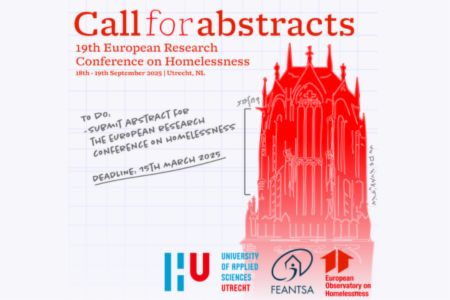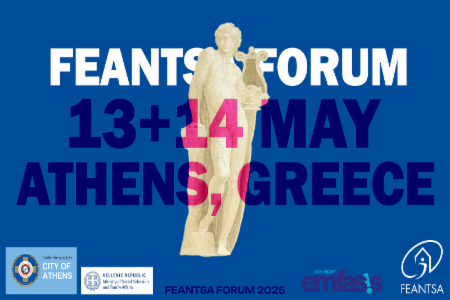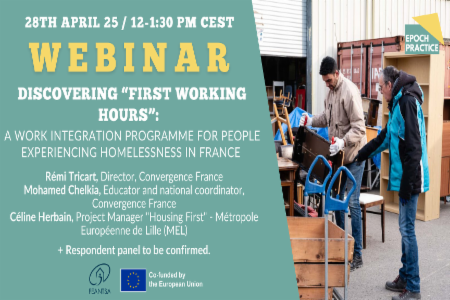Hotels to Homes: The Time for Permanent Solutions is Now
In the context of a public health emergency, governments have taken bold measures to protect their homeless people. Now, as they start to lift confinement measures, they must not abandon homeless people but keep the momentum going and build on the work already done to make sure no one is returned to a situation of homelessness.
Before Covid-19, homelessness had been all but accepted as a fact of life in many European countries. However, as the typical response to the spread of coronavirus obliged people to stay at home, governments and public authorities had to acknowledge that for a number of people (700,000 in the EU on any given night) this would not be possible.
Many public authorities were able to find temporary crisis accommodation quickly for a large part of their homeless population. In London, as in Dublin, Barcelona, Prague and elsewhere, they provided shelter for homeless people by employing hotels, holiday homes and Airbnb properties as well as emergency shelters.
Public authorities showed that where this is a will there is a way. But as they begin to lift confinement measures, they must make sure that the collective sigh of relief can be shared by everyone: no one should be returned to a situation of homelessness.
FEANTSA calls on public authorities to take a “Hotels to Homes” approach to deconfinement and to use the work already done in accommodating people as a springboard to providing them with long-term solutions. Furthermore, with many more at risk of becoming homeless following confinement, the issue of homelessness should be at the top of governments’ agendas. We recommend public authorities act on three key principles as they lift confinement measures.
Provide, Protect, Prevent.
FEANTSA calls on public authorities to act on three key principles as they lift confinement measures:
Provide permanent, suitable housing solutions to ensure no one returns to a situation of homelessness following deconfinement. Public authorities should also use this opportunity of contact to connect people experiencing homelessness with appropriate support, such as for alcohol and drugs, mental or physical health, for sustaining permanent housing.
Protect those currently in emergency accommodation. Public authorities should prolong the provision of adequate temporary accommodation until they are able to provide permanent solutions.
Prevent further homelessness as a result of the economic fallout linked to COVID-19. Public authorities must take steps to prevent evictions, secure incomes, and provide support for those struggling with rental or mortgage costs. A sudden termination of measures such as eviction suspensions and rent breaks will put thousands at risk of homelessness.






